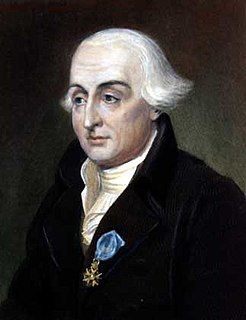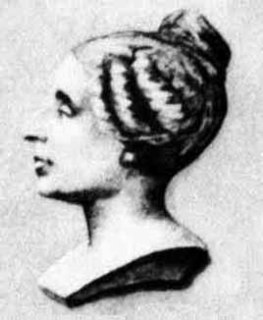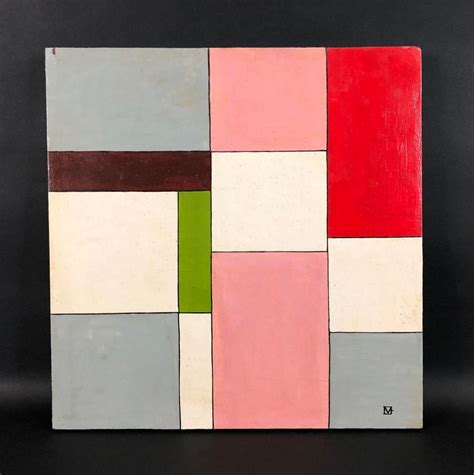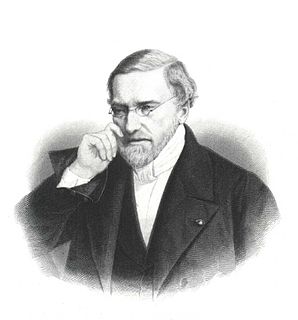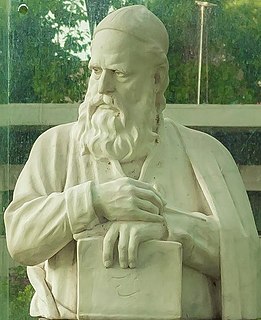A Quote by John Stuart Mill
The application of algebra to geometry ... has immortalized the name of Descartes, and constitutes the greatest single step ever made in the progress of the exact sciences.
Quote Topics
Related Quotes
The lock-step approach of algebra, geometry, and then more algebra (but rarely any statistics) is still dominant in U. S. schools, but hardly anywhere else. This fragmented approach yields effective mathematics education not for the many but for the few primarily those who are independently motivated and who will learn under any conditions.
Kepler's discovery would not have been possible without the doctrine of conics. Now contemporaries of Kepler-such penetrating minds as Descartes and Pascal-were abandoning the study of geometry ... because they said it was so UTTERLY USELESS. There was the future of the human race almost trembling in the balance; for had not the geometry of conic sections already been worked out in large measure, and had their opinion that only sciences apparently useful ought to be pursued, the nineteenth century would have had none of those characters which distinguish it from the ancien régime.
In fact, Gentlemen, no geometry without arithmetic, no mechanics without geometry... you cannot count upon success, if your mind is not sufficiently exercised on the forms and demonstrations of geometry, on the theories and calculations of arithmetic ... In a word, the theory of proportions is for industrial teaching, what algebra is for the most elevated mathematical teaching.
The analytical geometry of Descartes and the calculus of Newton and Leibniz have expanded into the marvelous mathematical method-more daring than anything that the history of philosophy records-of Lobachevsky and Riemann, Gauss and Sylvester. Indeed, mathematics, the indispensable tool of the sciences, defying the senses to follow its splendid flights, is demonstrating today, as it never has been demonstrated before, the supremacy of the pure reason.

